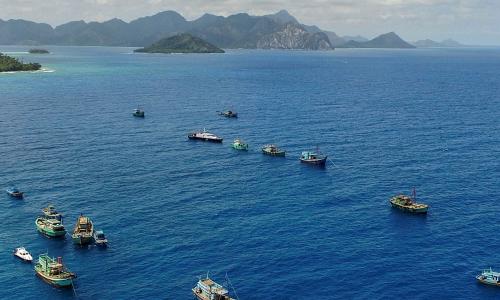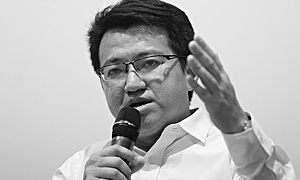Beyond US-China tensions: What else can the rest of us do?
COMMENT | It is my honour to speak to the Asia-Europe Conference 2019 and I am especially delighted to return to Asia-Europe Institute, University of Malaya. I studied here in 2005-06 for which I received my Masters of Regional Integration.
I accepted this invitation in part because it came from Professor Tony Milner. Apart from being a great academic icon for those who study the history of the Malays, Tony was the dean at the Faculty of Asian Studies at the Australian National University when I did my honours degree.
In New Malaysia, there is a need to invest more in institutes like the Asia-Europe Institute to help us better understand and engage the region and beyond. It is my wish that Kuala Lumpur can now become the regional knowledge hub on regional studies.
The conference’s theme “Europe in the New Asia: New Anxieties, New Constructs” is apt and timely. We need a conversation about Europe and Asia in the new scenarios that the world is in now.
Nowadays in every conference on international relations, one can’t run away from talking about the relationship between the United States and China. Worse still, people just want to talk about US-China relations and nothing else.
So, this conference is an exception: we will talk about what else the rest of us can do.
When we know two trains are on a collision course, there are quite a few things the rest of us can do, depending on the situation.
We can run away to avoid getting caught in the mess. Or we can take charge of the station to guide the train drivers, so that there may still be a chance to change course. And there are other alternatives too.
Asia and Europe
Asia today is very different from Asia in the past. There is a new Asia, as the topic of this conference suggests, emerging from the post-colonial era and post-Cold War period, whose people are increasingly global in outlook and demanding a voice and identity of its own.
Likewise, Europe has also undergone many changes. Globalisation and migration has in a way brought the rest of the world to your doorstep. Today’s Europe is much more multicultural, to the extent that what Europeanness entails is being questioned altogether.
Europe is not new to Asia. European powers were exploring, exploiting and colonialising Asia up until the end of World War II. Along the way, Europe also defined Asia.
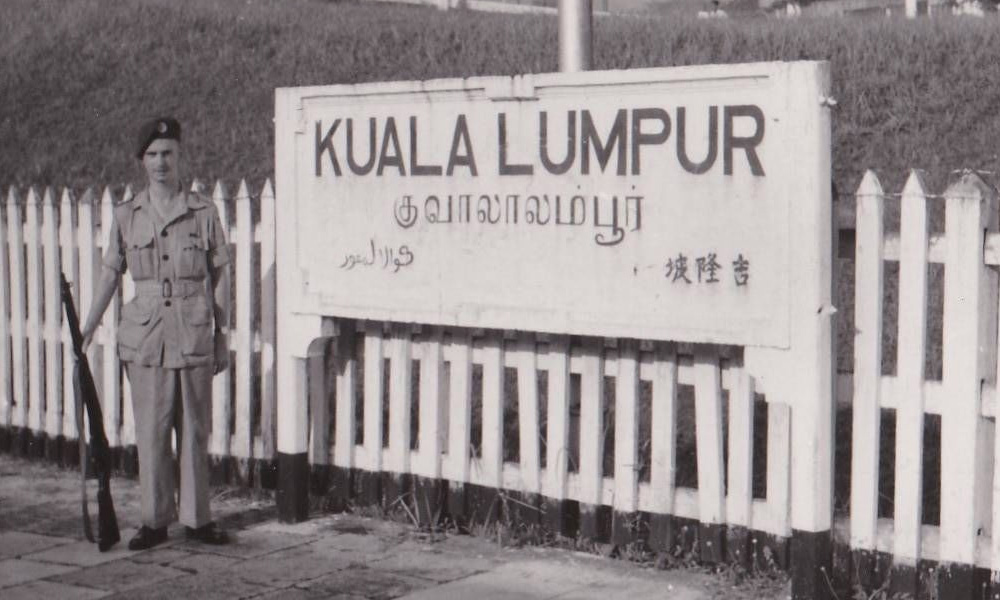
Indeed, our idea of Asia or even the boundaries of post-colonial Asian nation-states were originally European inventions, such as the boundary of modern Malaysia and Indonesia being the line drawn between the Dutch and the British in 1824.
Post-World War II saw the dominant presence of the US everywhere, including Asia while Europe very much retreated to home ground. But we are now in yet a different world.
Thirty years on from the fall of Berlin Wall in 1989, which saw the stall of the influence of the Soviet Union and its communist allies, this year marks the final end of a unipolar world where US hegemony once ruled. The competition between the US and China is increasingly a mid-to-long-term feature in international relations, beyond election cycles and partisanship in the US.
As we speak, Europe faces multiple crises. Brexit is looming. There are doubts and questions of legitimacy over the supernational power structure of the European Union. There is an economic crisis, in which sufficient jobs across Europe have failed to be created, since the global financial crisis of 2008.
By and large, the EU project has preserved peace in Europe and provided a complex and elaborate platform for international cooperation as never seen before.
For Asean in particular and Asian nations in general, there are so many things we can learn from Europe to institutionalise international cooperation. Asia is of course so much more diverse than Europe, thus a straitjacket institution may not be the best option.
First, cooperation doesn’t need to be restricted merely to trade and defence. There are many areas in which Asian nations can work with each other as well as with Europe.
Second, I am of the view that we need to “resurrect” the notion of Asia. Asean centrality is great, and as long as Asean gets its act together, it is a great powerhouse. But Asia the label is something that we shouldn’t lose either.
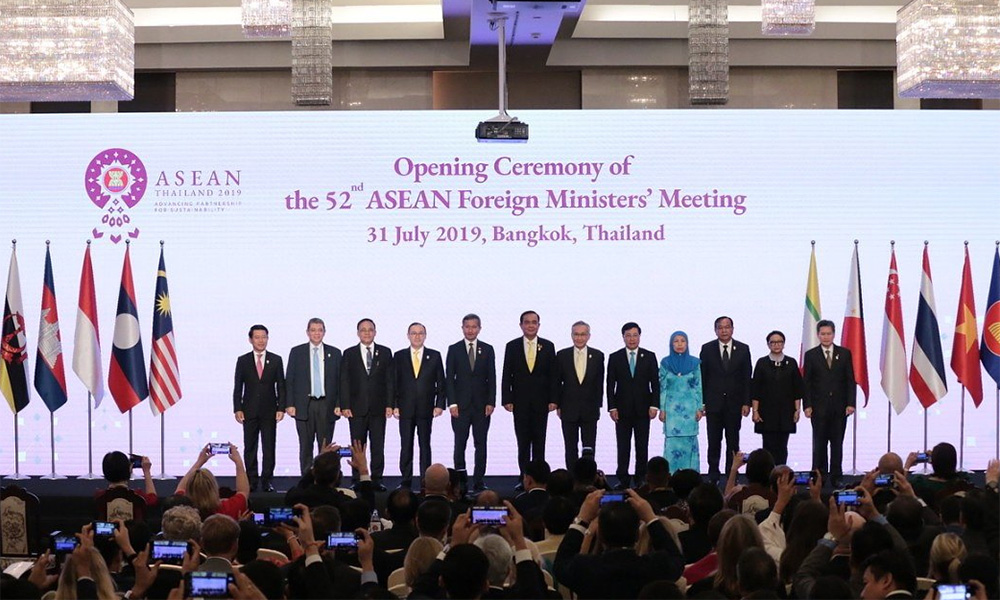
I am particularly concerned that after a while, Asia is just known as Indo-Pacific, South China Sea, Taiwan Straits, Korean Peninsula, et cetera. My point is, Asia shouldn’t just be reduced to potential conflict zones.
While Asia was a colonial idea, it was actively embraced from the late 19th century onwards to become a very potent identity by Asians, e.g. Jose Rizal, Sun Yat Sen, et cetera. In time of great power competition between the US and China, it is even more pressing that Asians must rise to reassert this idea so that there is a framework beyond the military construct of others.
US and China
Along with the rise of China, we also see a realignment of power of sorts happening on the world stage.
On the one hand, we have China and Russia strengthening their strategic partnership bilaterally and also regionally via mechanisms such as the Shanghai Cooperation Organisation. On the other, it is the construct of the American-led “Quad” and Indo-Pacific Strategy.
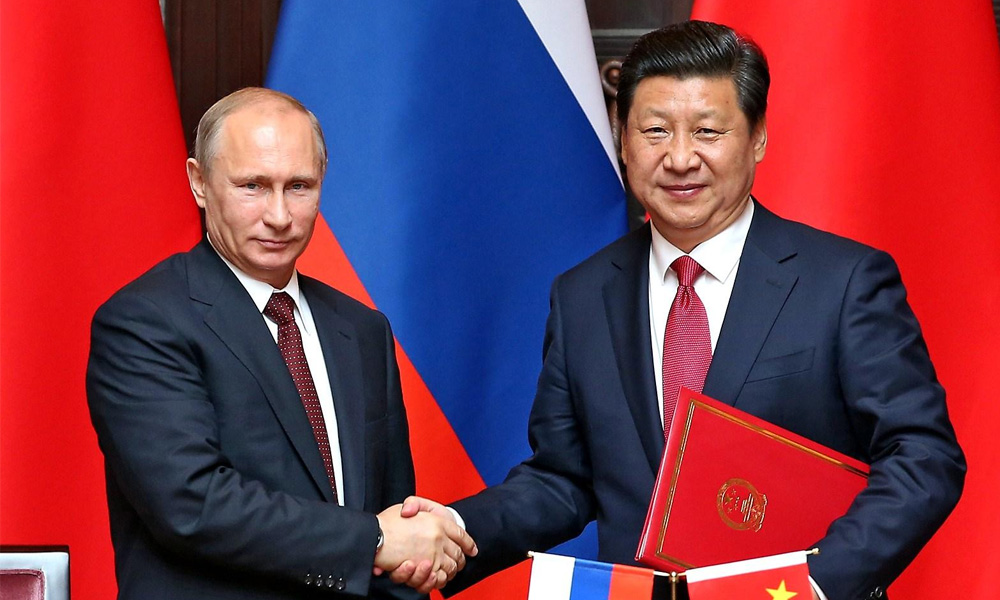
Herein lies the new scenarios we are in, with new anxieties and the need for new constructs.
Somehow most people are focusing on the US and China, as if we will enter into another Cold War, and as if it is a binary choice, and each and every one of us would have to choose between the two sides.
It doesn’t have to be so.
The Cold War was to a large extent ideological. Today, even North Korea is increasingly living a materialistic existence albeit not capitalist, just yet. The then US and Soviet Union were two unconnected and largely parallel production systems. The world doesn’t work in such a way now.
What I am trying to say is that there are so many more stakeholders in the international order now compared to 1948. Each has its agency and many are reasonably rich. Asean is the seventh largest world economy while the EU economy combined is of course very big.
As Professor Amitav Acharya so succinctly expressed, we now live in a multiplex world where states and non-state actors are bound together by a broad and complex form of interconnectedness and interdependence.
The world is not just about the US and China, and therefore European and Asian nations have to rise to the occasion to fill the gap, and hopefully emerge to lead as middle blocs. We need to look beyond the big power dynamics and start exercising our agency in order to shape world events.
There is a huge gulf between the US and China, and unfortunately increasingly so.
The US under the Trump presidency is seemingly running Asia via the Seventh Fleet, and not its State Department.
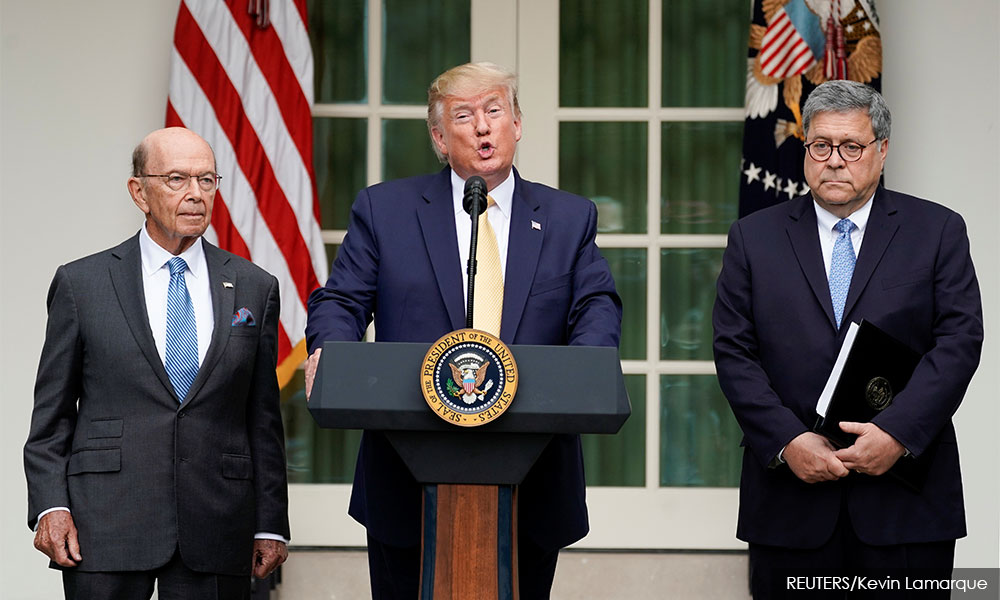
The Indo-Pacific Strategy, while noble, gives the impression that it is a military strategy rather than a comprehensive one which combines security with development, like the Marshall Plan.
On the other hand, China seems to have yet to fully grapple with the fact that to be an effective great power that can do more good rather harm, it must realise that even the slightest action on its part might bring a huge impact, if not huge anxieties to the smaller neighbouring states. China must also be able to appreciate the diversity of Southeast Asia, not just culturally but also politically and socially.
Many middle-power countries have often felt trapped in face of the two seemingly competing constructs in the form of the Indo-Pacific Strategy, and the Belt and Road Initiative. Many have come up with their own iterations of the Indo-Pacific strategy.
Asean, for example, has cleverly integrated both strategies into the Indo-Pacific Outlook which stressed the importance of integration and cooperation between regions, enhancing dialogues and connectivity, while insisting on the principle of Asean centrality.
Malaysia
Now, allow me, as the deputy defence minister, to say a few words specifically on Malaysia.
Malaysia is situated at the heart of this New Asia construct. We are a maritime nation with continental roots linking Pacific Ocean and South China Sea on one side to Bay of Bengal and Indian Ocean on the other side, while also connected to the Eurasian continent by land.
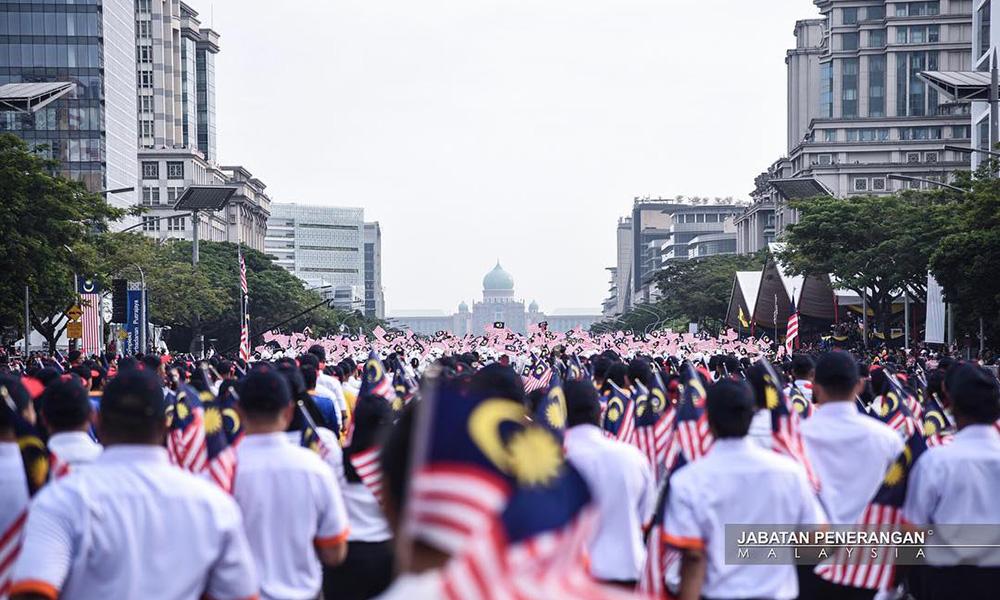
The notion of tanah air (homeland) beautifully expresses that there are water and land elements to our nation. This is particularly significant in this era of connectivity, a potential that the proposed Singapore-Kunming Rail Link may be able to unleash.
Just as how Malaya was the first destination for European powers during the colonial era, we now want to exploit our geographical advantage to position ourselves as the regional hub.
Of course, our geographical reality is both a blessing and a burden as it also means that we are facing a wide range of security challenges, hence the importance of getting our regional outlook right and taking appropriate steps to address our structural gaps.
Ever since the new government came into power, we have seen the return of Dr Mahathir Mohamad’s foreign policy, in which Malaysia adopts an activist neutrality posture to punch above its weight and pursue our agenda.
It is a New Malaysia that not just conducts foreign policy in a transactional nature but is based on a set of self-dictated values. It is also a New Malaysia that is neither pro-US nor pro-China, and it is one that is keen to work with other middle powers such as the EU, Japan, Turkey, India, et cetera.
Indeed, our world is not based on competition alone but also co-operation. Will we be able to forge a new Asia-Europe partnership that can pave the way for a stronger middle ground?
In the increasingly divisive big power play environment, there are a lot more the rest of us can do, and we need to do it urgently now more than ever.
LIEW CHIN TONG is deputy defence minister.
This was first given as a speech at the Asia-Europe Conference at the Asia-Europe Institute, University of Malaya, on Aug 1, 2019.
The views expressed here are those of the author/contributor and do not necessarily represent the views of Malaysiakini.
RM12.50 / month
- Unlimited access to award-winning journalism
- Comment and share your opinions on all our articles
- Gift interesting stories to your friends
- Tax deductable
